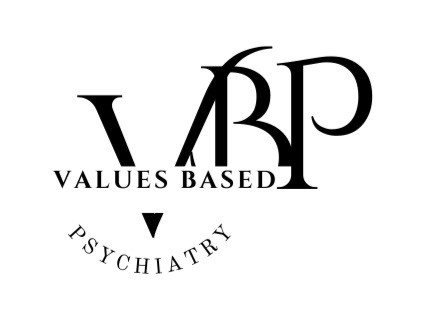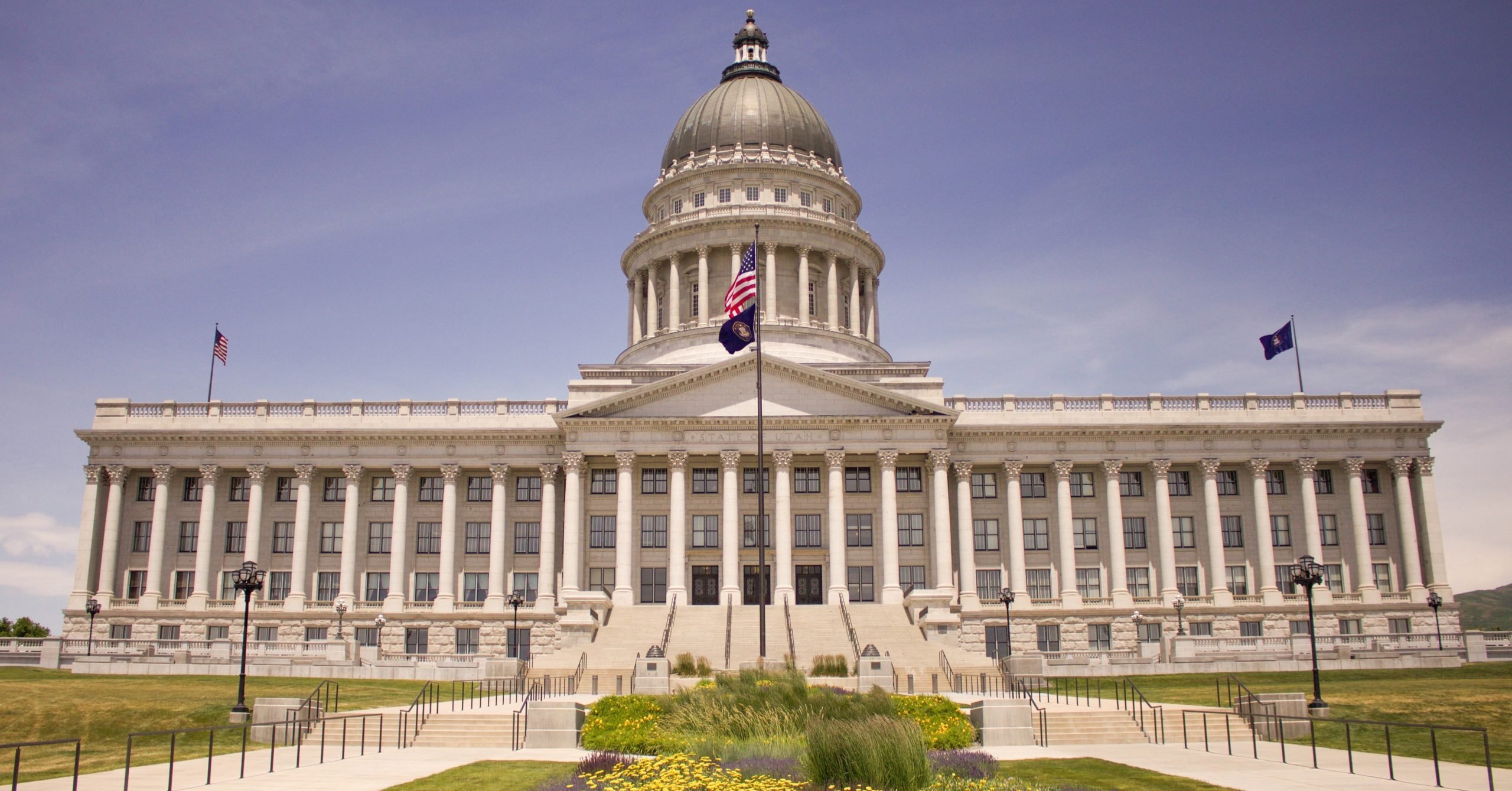sarahangel53225
Full Member
- Joined
- Aug 23, 2020
- Messages
- 21
- Reaction score
- 0
Hi everyone! I am currently a senior getting ready to apply for college and I don’t know if I should go the nursing route ( to eventually become an NP) or the PA route. I wanted to go pre-med for a while, but after reading into it a little more (in terms of time in school, debt, lifestyle etc) I don’t think it’s for me. I would like to work in pediatrics or neonatology for sure, and if possible, have some type of leadership position or teaching role in addition to being an NP or PA. I love the work of a NICU nurse and can definitely see myself doing that, but I also would love being a primary care provider in Pediatrics. I don’t know if this matters, but I also would like to have a big family someday and thus, would prefer somewhat of a regular work schedule so I can spend a lot of time at home. Which route would be the best given my preferences?
Last edited:




